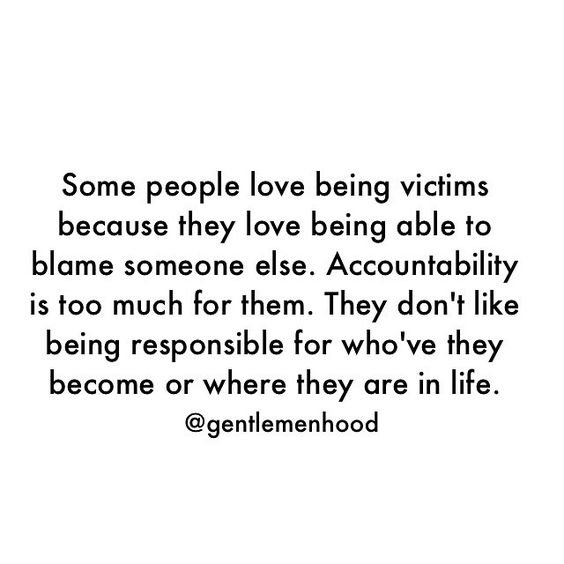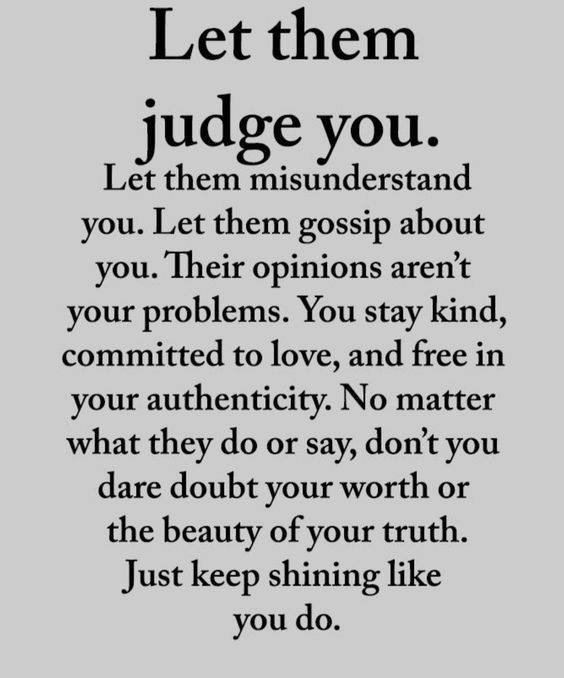Hello! I wanted to share a little bit of what I've been learning (and still learning) with something I've been kind of going through recently. It's a massive shit show, and incredibly unnecessary. I've been sucked into this drama where I've felt trapped in that I can't get out of this situation, like I have to defend myself against harmful lies, that I have to change myself to appease the person who's obsessive with everything I do and say, and I've learned a lot from this experience by going about the situation wrong (from lack of knowledge). I've given this person what they wanted by giving my attention, and this person ended up messaging my cousin to try to convince her to team up against me... Perhaps if I had known better, my family wouldn't be getting involved and the slandering and obsessiveness wouldn't have gotten out of hand as it is.
It doesn't help that the person I've been dealing with is a narcissist. These people are relentless and completely unreasonable and will do anything they can to paint someone else as the bad guy and accept no responsibility for themselves. So, I hope through my experience, some of you can learn from it and be better prepared in case it were to happen to you and not make the same mistakes that I did. Granted, some of these things are easier said than done, but it's worth sticking to.
So, how do you handle someone who starts defaming and obsessing over you?
- Look At The Source
Who's the person(s) that are spreading misinformation about you? What are they like? Do they have a history with doing this to other people? When it comes to dealing with slander, it's important to try and not react, breath, and be observant with the situation. For the most part, gossipers/slanderers thrive on drama. If you give them an emotional response, you're only adding fuel to their fire.
Communication
Unfortunately, we cannot control what other people say and do about you, even if they're going out of their way to try and hurt you. One of the hardest things, at least for me, to do is to bite my tongue and not respond/defend myself. But no matter what you do, you cannot stop someone who has ill intentions to slander you and what they say. Sometimes, depending on the situation, you can try to confront the person (given that you know the source of slander) and try to figure out the roots to why they're saying what they're saying about you. You may be able to clear up a misunderstanding, so it could potentially be worth trying. However, I think this only works if the person is mentally well enough to have a rational discussion. I had thought about doing this, but in my case this person is focused on projecting their insecurities that it would have probably made things worse.
Communication with people like the person I've been dealing with, can lead to extortion. You cannot use reason with someone who can't reason with themselves or who has a record of emotional and mental instability. This falls back onto #1 and being observant. Use reason to decide what the best way to go about it is.Don't respond by looking for faults in them.
Sometimes our first inclination to someone talking trash about you is to find faults about them to exploit.
"Well, she has no place to talk because..." It's not the best way to handle the situation, it's reactionary, and it doesn't help your case in how others see you. It sucks you into the world of the defamer. It may make you feel smart and witty, but it's impulsive and you usually regret it later.DO NOT allow yourself to feel like a victim.
Slander and gossip can be fairly difficult to deal with emotionally/mentally, but you do not have to let the circumstances make you helpless. Take responsibility for how you feel and what you're going to be doing moving forward. Use this as a learning experience to identify toxic people and who you're real friends are. If you lose some friends based on what others have said about you and they didn't try to communicate with you to clarify anything, they're not friends worth having to begin with.

Few things toxic people do:
. Create drama or make small things into big problems
. Gossiping or constantly caring about what others are doing
. Lack empathy for others
. Constantly projecting blame onto someone else
. Refusal of responsibility
. Arrogant, acts superior
. Will lie and distort facts and change events to suit their own agenda
. Regularly provoke people then blame them for the fight
. Will not admit to their mistakes
STAND UP FOR YOURSELF. Don't give into what these people crave, which is your attention. Standing up for yourself in this circumstance is to not see yourself as the victim here. Take this as a lesson to never believe rumors. Gather your evidence, have a list of witnesses. Don't try to address every accusation being made. Remember that you don't owe anyone an explanation. Pay attention to what's being said, document.
And remember that it's not good to seek others opinion of who you are. None-constructive criticism is not worth sticking around for and it's best to not get involved with in the beginning. It may help you avoid a situation like this in the future. I wish I knew what I know now, but I'm grateful for this learning experience and feel that it has helped me grow as a person.
I still struggle with identifying what the appropriate thing to do when you want to warn others of the person who's being relentless, as I feel it's important to give a fair warning, but also doing it in a tasteful manner. It can be difficult to figure out what the best approach is going to be. Just be the best person you can be, focus on being your true self, and the people who matter will see that.
